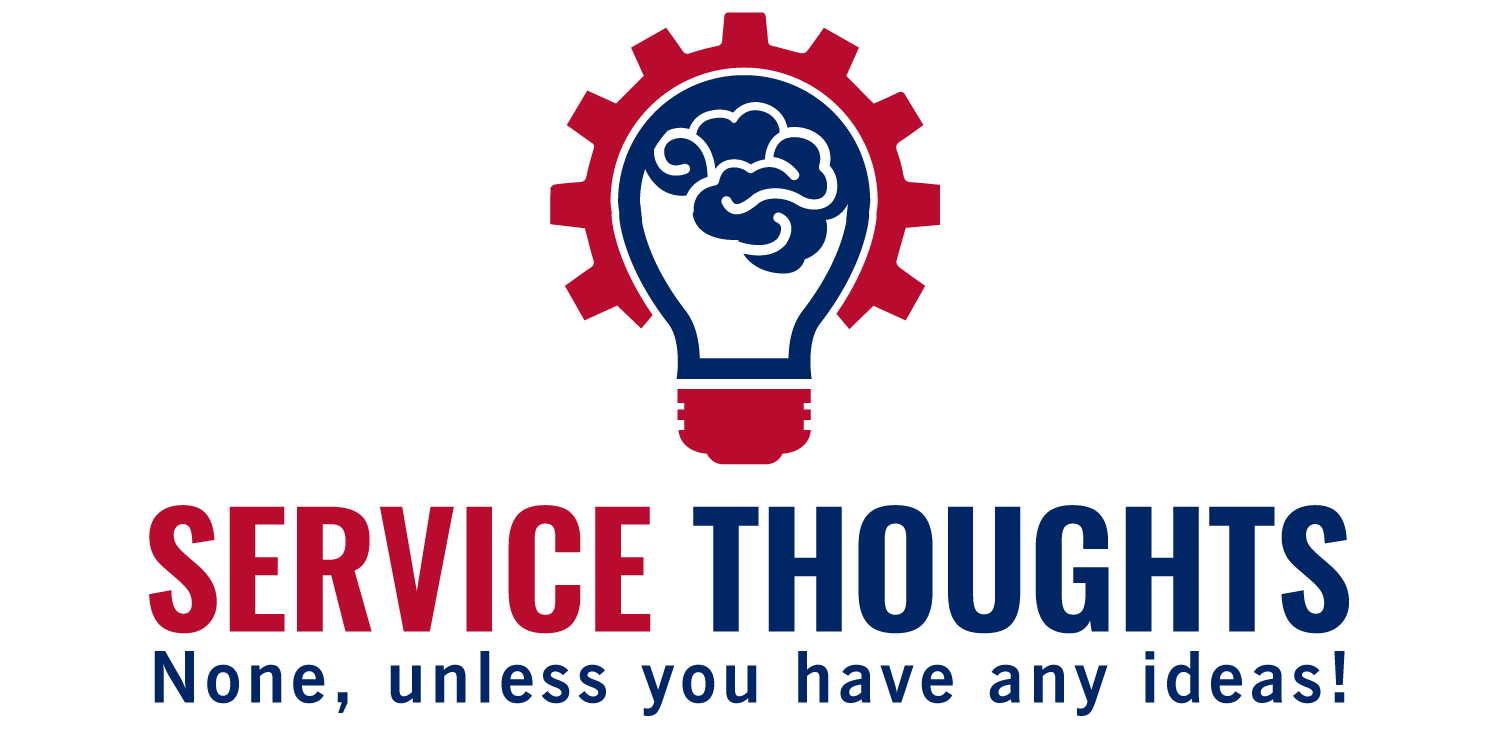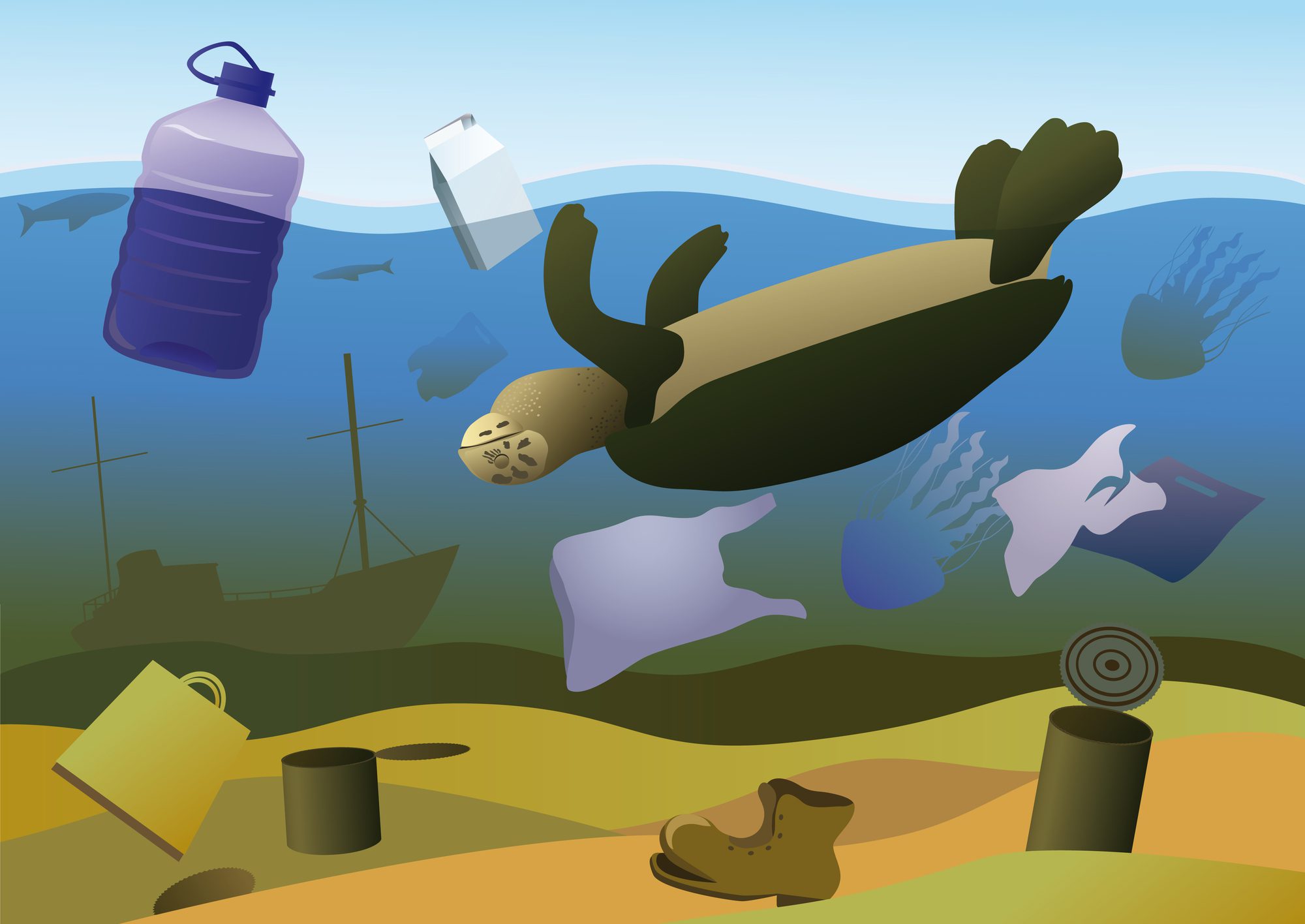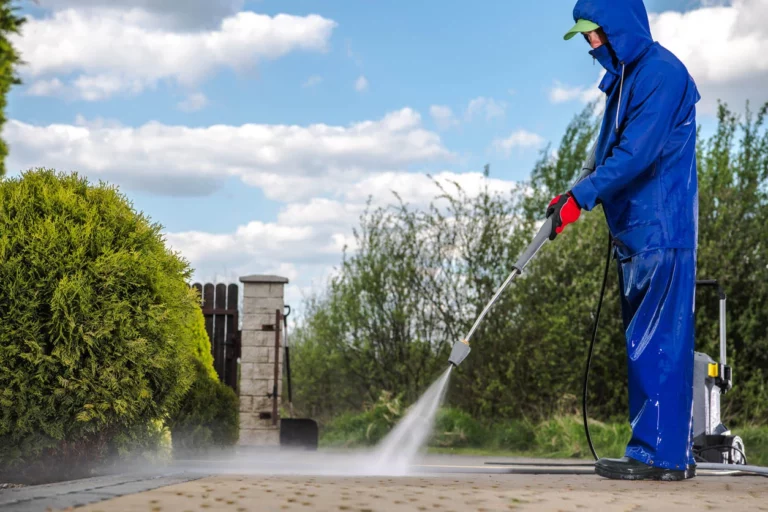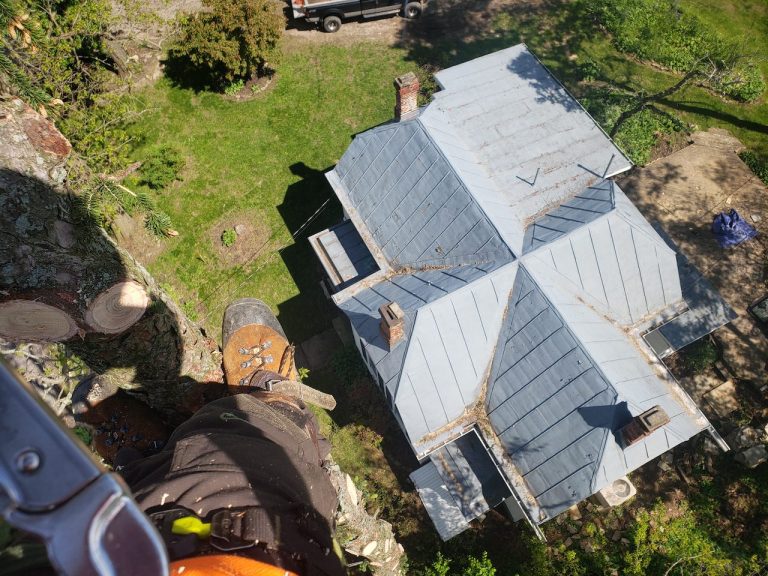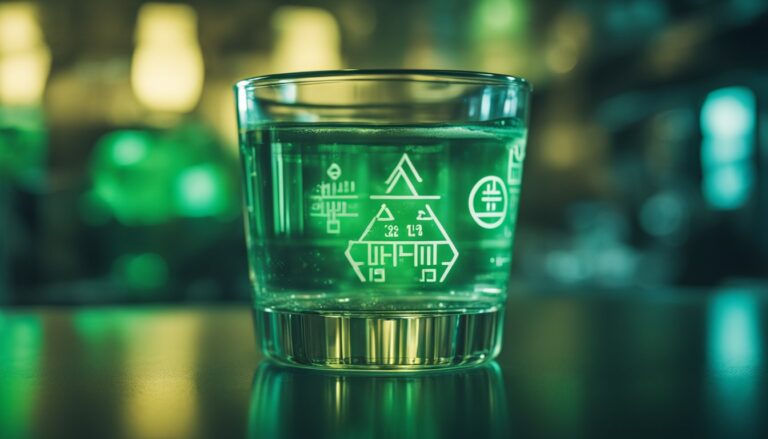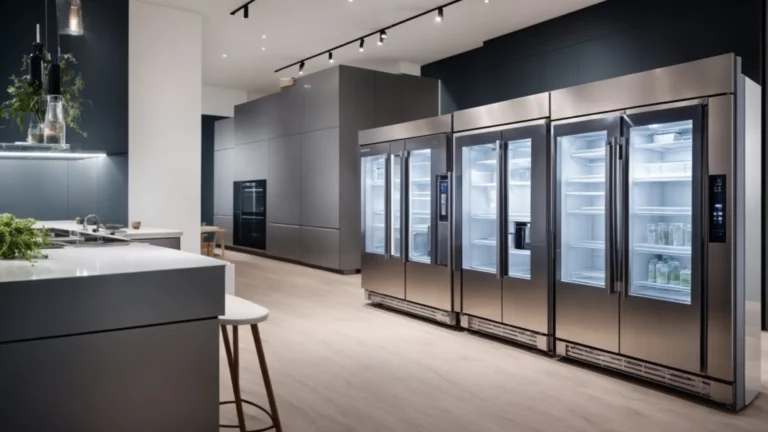Water Purification Equipment for Homeowners in Florida
A Comprehensive Introduction to Water Purification Equipment for Homeowners in Florida
Florida is known for its beautiful beaches, warm weather, and sunny days, but wait – There’s more?
However, what many homeowners may not know is that Florida also has some of the most contaminated water in the country. The state’s porous limestone bedrock makes it susceptible to pollutants and chemicals seeping into the groundwater. As a result, having access to clean and safe drinking water is essential for Florida homeowners. Let’s discuss the importance of water purification and the different types of water purification equipment available for homeowners in Florida.
Why is Water Purification Important in Florida?
The water in Florida is not only contaminated with pollutants and chemicals but also has a high concentration of minerals, such as calcium and magnesium. These minerals can cause hard water, which can damage pipes and appliances, leave residue on dishes and clothes, and even affect the taste of water. Additionally, Florida’s water is also known to have high levels of bacteria, viruses, and other harmful microorganisms. These contaminants can cause a range of health issues, making water purification a crucial step in ensuring the safety and well-being of Florida homeowners.
What Contaminants are Common in Florida Water?
According to the Environmental Working Group, Florida’s tap water contains over 100 different contaminants, including lead, arsenic, and chloroform. These contaminants can come from various sources, such as agricultural runoff, industrial waste, and aging water infrastructure. High levels of saltwater intrusion in coastal areas can also contaminate groundwater with sodium and other minerals.
What are the Health Risks of Drinking Contaminated Water?
Drinking contaminated water can have severe health consequences, ranging from acute illnesses to long-term chronic conditions. Some of the common health risks associated with drinking contaminated water include gastrointestinal issues, neurological problems, and an increased risk of certain types of cancer. Children, pregnant women, and individuals with compromised immune systems are at a higher risk of being affected by contaminated water.
Types of Water Purification Equipment
Whole House Water Filtration Systems
A whole-house water filtration system is installed at the main water line of a home, providing filtered water to all faucets and appliances. These systems use multiple filters to remove different contaminants, such as sediment, chlorine, and bacteria. They also have the added benefit of protecting pipes and appliances from hard water damage.
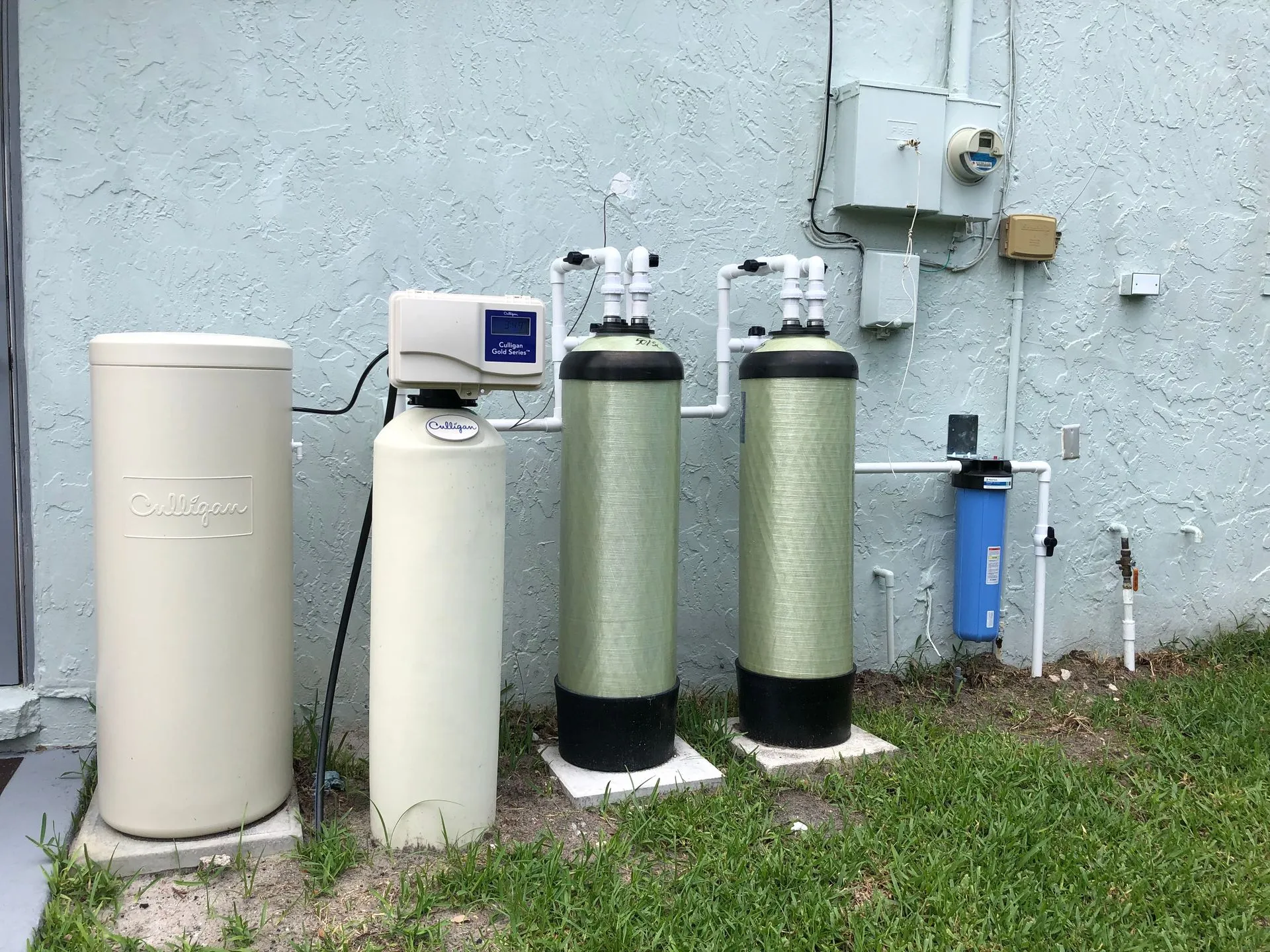
Reverse Osmosis Systems
Reverse osmosis systems use a semi-permeable membrane to filter out impurities from water. These systems are highly effective in removing contaminants such as lead, mercury, and bacteria. However, they also remove essential minerals, so it’s essential to ensure proper remineralization of the water.
Ultraviolet (UV) Purifiers
UV purifiers use ultraviolet light to kill harmful microorganisms in water. They are often used in combination with other water filtration systems to provide an extra layer of protection against bacteria and viruses.
Distillation Systems
Distillation systems heat water to a boiling point, turning it into steam, and then condensing it back into liquid form. This process removes impurities, such as heavy metals, chemicals, and bacteria. However, they also remove essential minerals, so it’s crucial to remineralize the water before consumption.
Factors to Consider When Choosing Water Purification Equipment
Water Quality
The type of water purification equipment you need will depend on the quality of your water you start out with. Conduct a water test to determine the contaminants present in your water and choose a purification system that can effectively remove those specific contaminants.
Budget
Water purification equipment can range from a few hundred dollars to thousands of dollars. Consider your budget and choose a system that fits your financial capabilities.
Maintenance and Replacement Costs
All water purification systems require maintenance and regular filter replacements. Consider the cost and frequency of maintenance and replacement when choosing a system.
Installation Requirements
Some systems require professional installation, while others can be easily set up by homeowners. Consider the installation requirements and choose a system that is suitable for your home and capabilities.
Why is Water Purification Important in Florida?
Water purification is of utmost importance in Florida due to the high levels of total dissolved solids (TDS), which can be harmful to human health. This makes it essential to have effective purification systems in place to ensure safe drinking water.
Contaminants such as arsenic and lead are prevalent in Florida, emphasizing the need for regular maintenance and servicing of water purification equipment to ensure optimal performance and longevity.
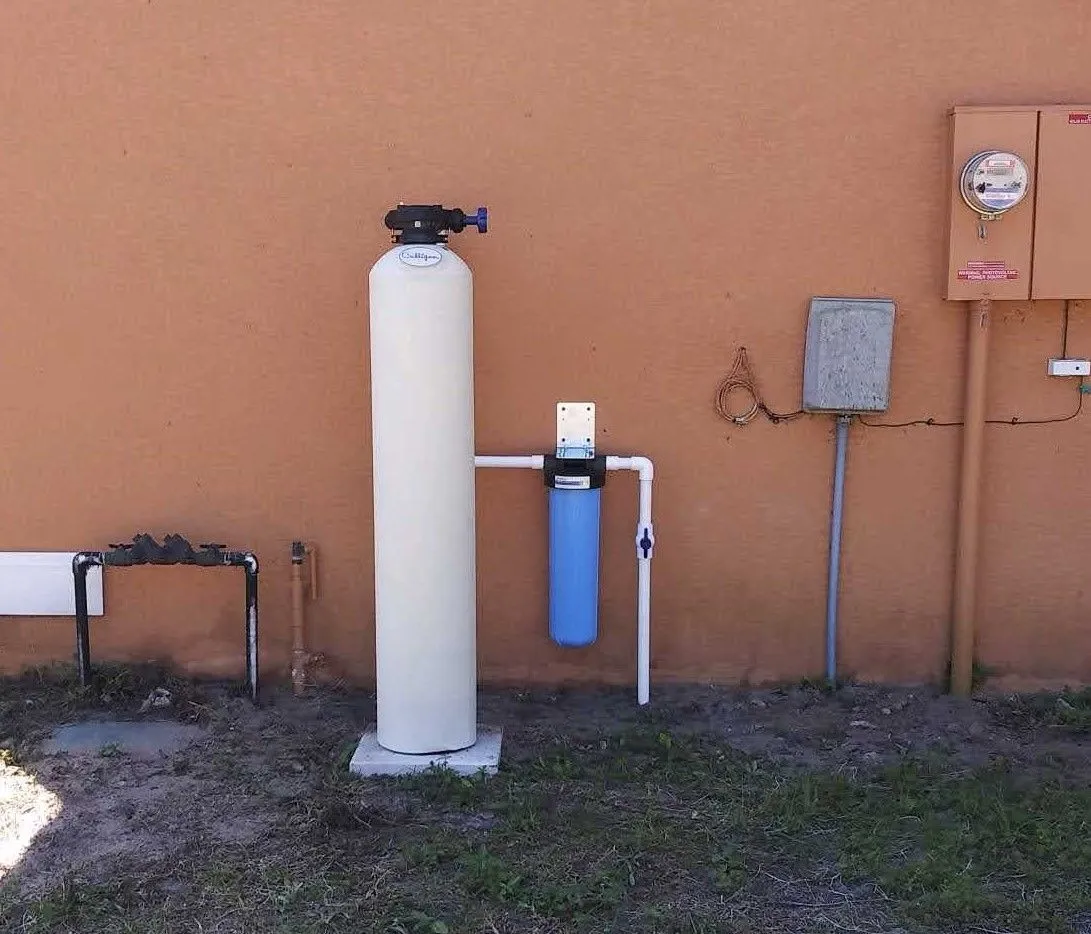
What Contaminants are Common in Florida Water?
In Florida, some of the most common water contaminants include high levels of bacteria, lead, nitrates, pesticides, and chlorine. These harmful pollutants can have serious health consequences if consumed regularly, such as gastrointestinal issues, developmental problems in children, and increased risk of cancer. To protect against these contaminants and ensure access to clean, safe drinking water, it is crucial for Florida homeowners to invest in reliable water purification equipment.
Consider installing a whole house water filtration system or a reverse osmosis system to effectively eliminate these common contaminants from your water supply. It is also important to regularly monitor water quality and conduct professional maintenance to ensure continued protection.
What are the Health Risks of Drinking Contaminated Water?
Drinking contaminated water in Florida poses serious health risks due to potential exposure to harmful contaminants like bacteria, viruses, and chemicals. These contaminants can lead to gastrointestinal illnesses, skin problems, and long-term health issues such as liver or kidney damage.
Pro-tip: Regularly test your water quality to identify contaminants and choose appropriate purification systems for safe, clean drinking water.
From whole house filtration to distillation, we’ve got you covered with the best equipment to make your water as clean as a Florida man’s record.
Types of Water Purification Equipment
When it comes to ensuring clean and safe drinking water for your household, there are various types of water purification equipment to consider. Each type offers unique features and benefits, making it important to understand the differences between them. In this section, we will discuss the four main types of water purification equipment: whole house water filtration systems, reverse osmosis systems, ultraviolet purifiers, and distillation systems. By learning about these options, you can make an informed decision on the best water purification equipment for your home in Florida.
1. Whole House Water Filtration Systems
- Assess Water Quality: Test your water to determine the level of contaminants and choose a whole house water filtration system that can effectively remove them.
- Consider Capacity: Calculate your household’s water usage to select a filtration system that can accommodate your needs.
- Research Systems: Explore various options for whole house water filtration systems, such as carbon filters, reverse osmosis, or sediment filters, to find the best fit for your home.
- Installation: Hire a professional to install the chosen whole house water filtration system to ensure proper functioning.
- Maintenance: Schedule regular maintenance and filter replacements as per the manufacturer’s guidelines to uphold system efficiency.
Don’t let bad water flow backwards with reverse osmosis systems – because drinking salty water is just not your cup of tea.
2. Reverse Osmosis Systems
- Pre-filtration: Water passes through a sediment filter to remove larger particles.
- Carbon Filtration: The water goes through a carbon filter to eliminate chlorine, pesticides, and herbicides.
- Reverse Osmosis Systems: High-pressure forces the water through a semipermeable membrane, eliminating 95-99% of dissolved salts and minerals.
- Polishing: A post-carbon filter removes any remaining tastes or odors before the water reaches the faucet.
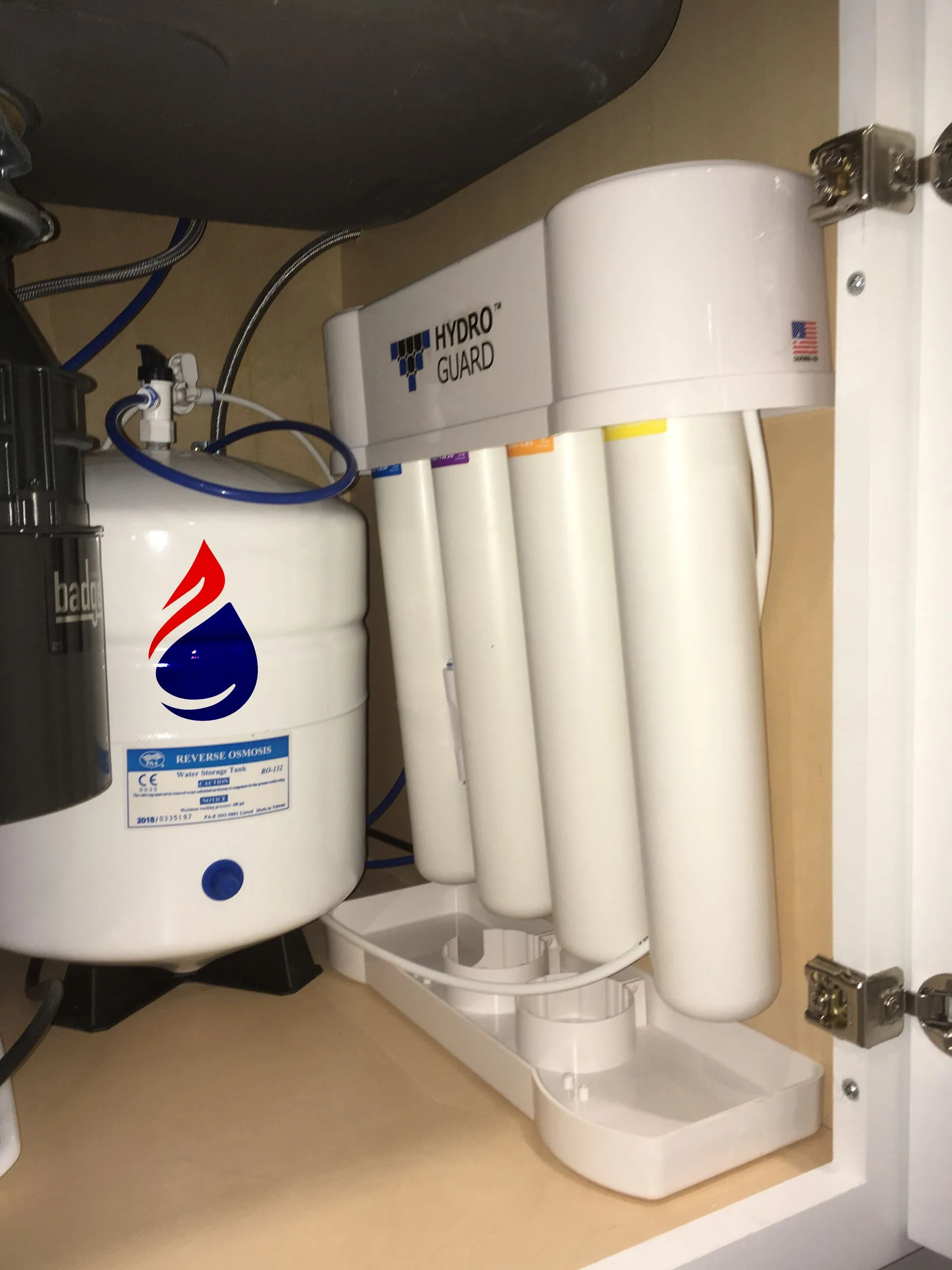
UV purifiers: the ultimate solution for Florida homeowners who want their water to be more than just a source of Vitamin D.
3. Ultraviolet Purifiers
- Install the ultraviolet water purifier at the point of entry of the water supply.
- Ensure the water flows through the ultraviolet purifier, exposing it to ultraviolet light.
- Regularly check the quartz sleeve and replace the UV bulb annually.
Pro-tip: Enhance the effectiveness of the ultraviolet purifier by pairing it with a pre-filter to remove any sediment or particles.
4. Distillation Systems
- Boiling: The water is heated to create steam, which leaves behind contaminants.
- Condensation: The steam is then cooled and condensed back into liquid form, resulting in distilled water.
- Collection: The purified water is collected, leaving behind impurities.
Distillation systems have been used for water purification since ancient times, with evidence of early distillation systems dating back to 2000 BC in the Indus Valley Civilization.
Don’t just consider the water quality, also consider your wallet’s quality…
Factors to Consider When Choosing Water Purification Equipment
When it comes to ensuring clean and safe drinking water for your home in Florida, choosing the right water purification equipment is crucial. There are several factors to consider in order to make the best decision for your household. In this section, we will discuss the key elements to keep in mind when selecting water purification equipment. From the quality of your water to your budget and installation requirements, we’ll cover all the important considerations to help you make an informed decision.
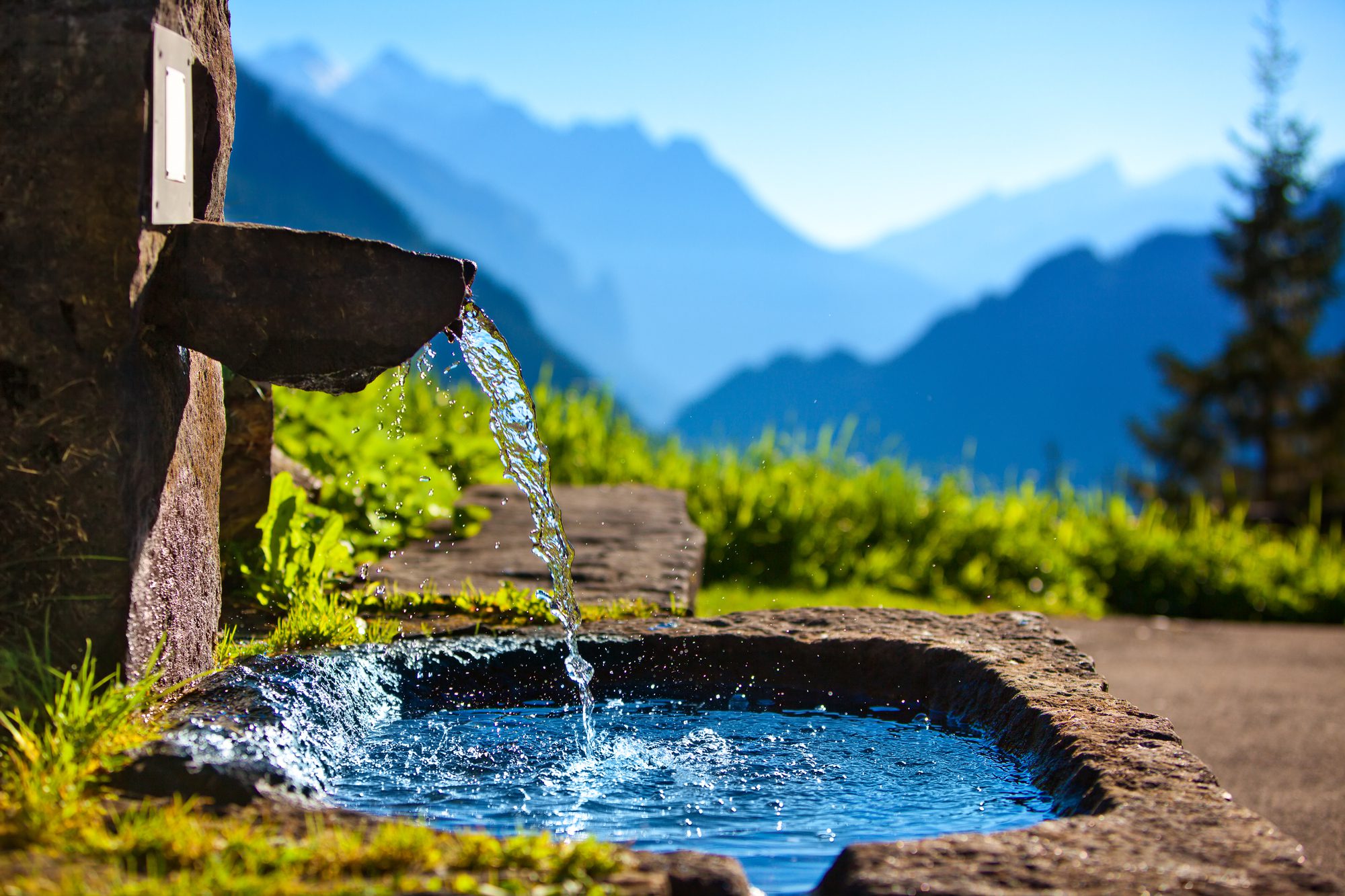
1. Water Quality
- Conduct testing on the quality of water to identify any potential contaminants.
- Research local reports on water quality to determine any known issues in your specific city or county in Florida.
- Installing a whole house water filtration system is recommended for comprehensive purification.
- It is important to regularly monitor the quality of water to ensure that the purification equipment is still effective.
2. Budget
- Evaluate your financial capacity to determine the maximum budget for purchasing water purification equipment.
- Research the operational and maintenance costs associated with various types of water purification systems.
- Take into account long-term savings and benefits when comparing the initial investment with the ongoing expenses.
- Explore financing options or payment plans offered by reputable water purification equipment providers.
Fact: In Florida, the average cost for installing a whole house water filtration system ranges from $1,500 to $7,000.
Just like a bad relationship, neglecting maintenance and replacement costs for your water purification equipment can lead to some dirty consequences.
3. Maintenance and Replacement Costs
- To avoid unexpected costs, it is important to regularly monitor and budget for filter replacements and system maintenance.
- When considering water purification equipment, it is important to balance initial costs with ongoing maintenance expenses by evaluating the long-term value of the equipment.
- Make an informed choice by comparing replacement costs and availability of consumables for different purification systems.
- Remember to factor in professional servicing expenses into the overall budget for maintaining the water purification equipment.
Pro-tip: Keep track of filter changes and maintenance schedules by maintaining a maintenance log, ensuring consistent water quality.
4. Installation Requirements
- Assess the space available for installing the purification equipment (Whether outside at the source, or under the counter).
- Check the proximity to water sources for easy plumbing access.
- Evaluate power requirements for systems like UV purifiers or RO systems.
- Consider any additional plumbing or electrical work needed for 4. Installation Requirements.
How to Maintain and Replace Water Purification Equipment
As a homeowner in Florida, it is important to ensure that your water purification equipment is functioning properly to provide you with clean and safe drinking water. In this section, we will discuss the necessary steps for maintaining and replacing your water purification equipment. From regular filter changes to professional maintenance, we will cover all the essential tasks to keep your equipment in top condition. Let’s dive in and learn how to properly care for your water purification system.
1. Regular Filter Changes
- Refer to the manufacturer’s guidelines for the recommended frequency of regular filter changes.
- Typically, standard filters should be replaced every 3-6 months, while specialized filters may have different schedules.
- Keep a calendar or set reminders to ensure timely filter replacements to maintain water quality.
- Inspect filters regularly for clogging or discoloration as a sign for regular filter changes.
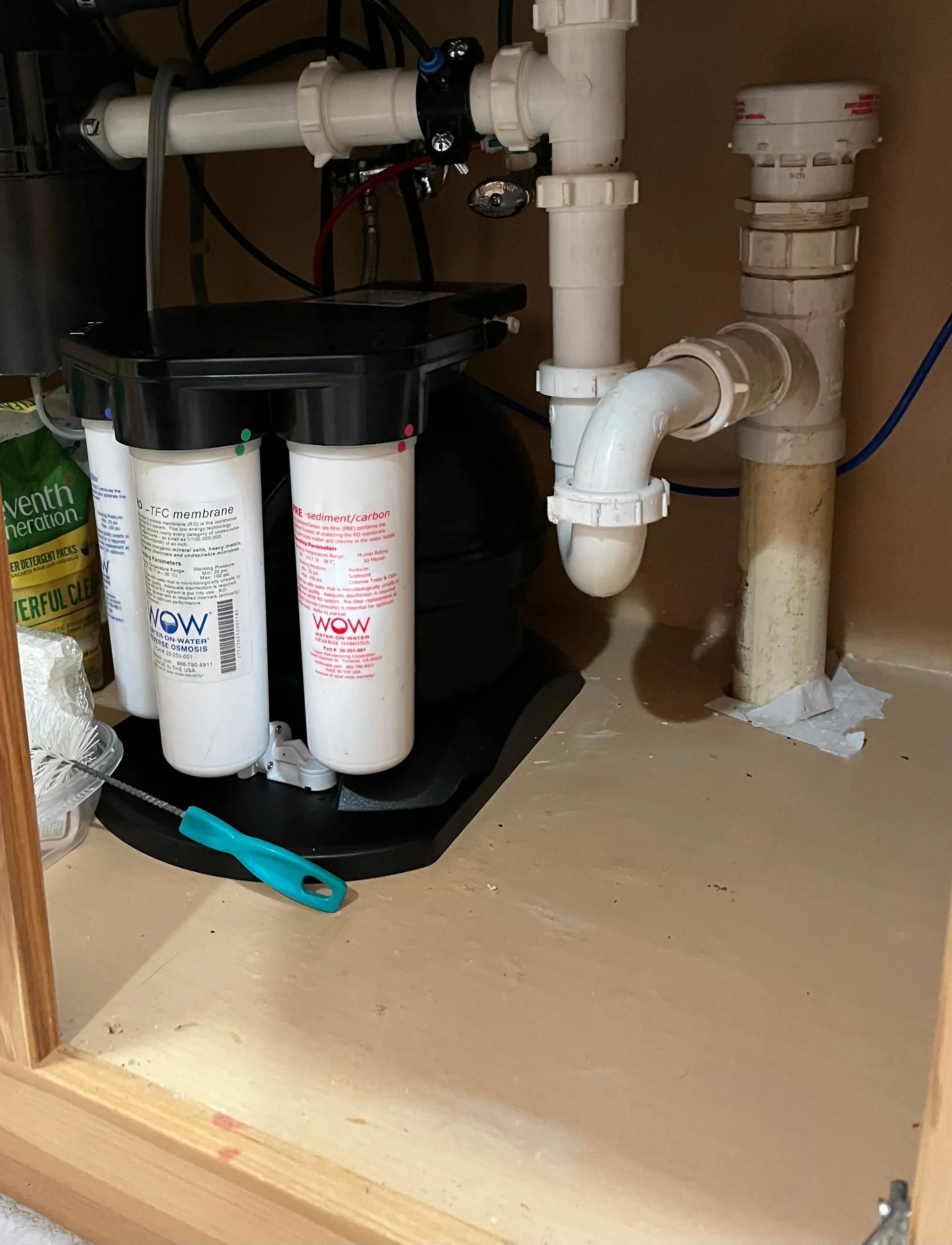
Time to clean and sanitize those filters, because nobody wants a side of bacteria with their water.
2. Cleaning and Sanitizing
- Regularly clean the exterior of the water purification equipment with a gentle soap and water solution to remove any dust, dirt, or grime.
- Sanitize the internal components using a mixture of water and vinegar to prevent the buildup of bacteria and mold.
- Inspect the equipment for any signs of wear and tear and replace any worn-out parts promptly.
Pro-tip: Maintaining a consistent cleaning and sanitizing schedule for your water purification equipment ensures that it functions efficiently and prolongs its lifespan.
Keep your water purifier purring like a pampered pet with professional maintenance – because who wants a cranky filtration system?
3. Professional Maintenance
- Make it a priority to regularly schedule professional maintenance to inspect and service your water purification equipment.
- Engage certified technicians to conduct thorough checks on the functionality and cleanliness of the system.
- Ensure optimal performance of the purification system by replacing any worn-out parts.
FYI: Professional maintenance is crucial in prolonging the lifespan of your water purification equipment and ensuring consistent water quality.
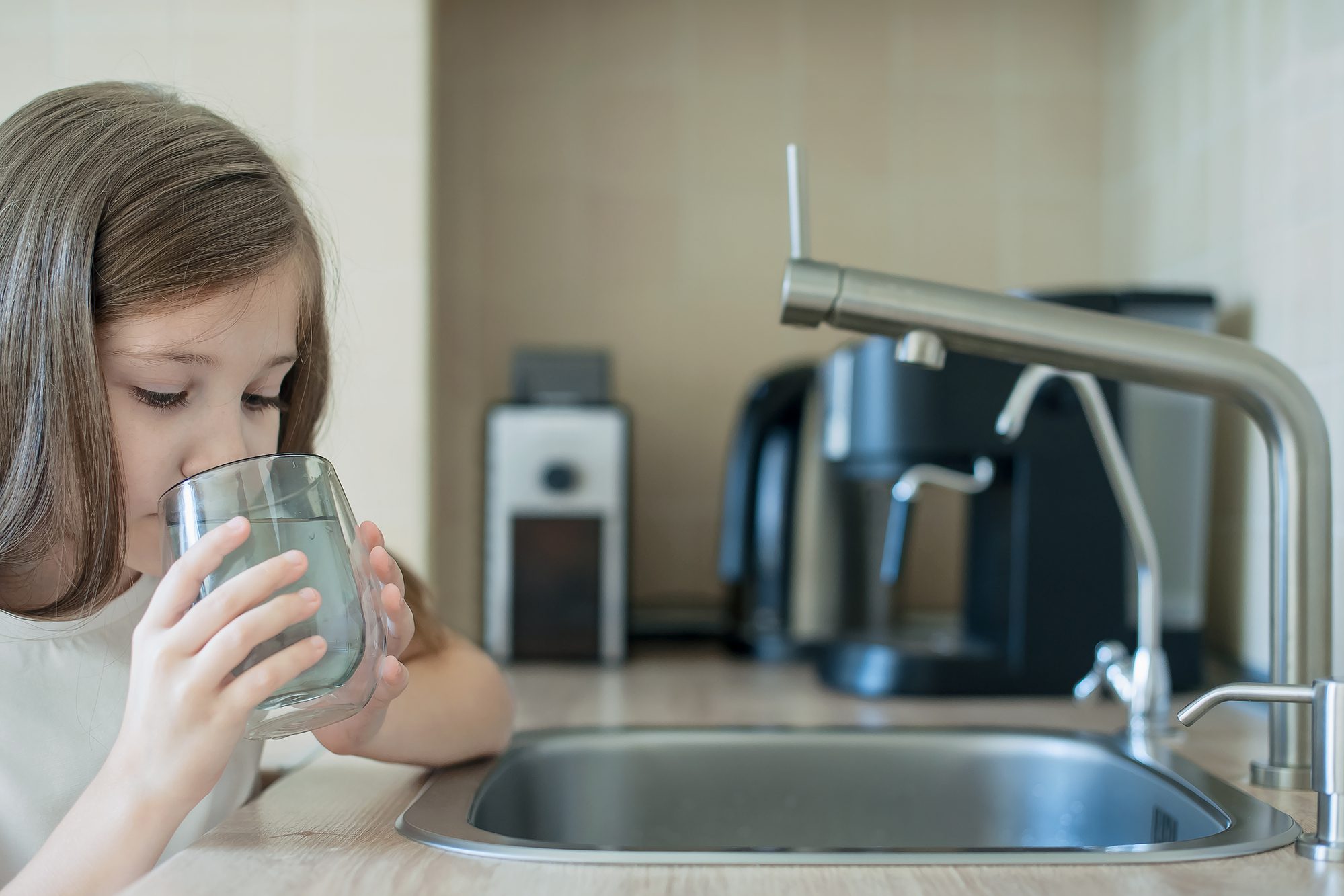
Frequently Asked Questions
What is the best water treatment system for homeowners in Florida?
Florida is known for its contaminated water, especially with the popular limestone substrate that causes water hardness. The best option would be to install a whole house water filter from a reputable company such as Authentic Water USA, which can be customized to address specific issues such as hardness, color, odor, chlorine, and contaminants.
Can water purification equipment help those with compromised immune systems?
Water purification equipment, such as whole house water filters and reverse osmosis systems, can remove harmful contaminants from water, making it safer for those with compromised immune systems to consume. It is recommended to consult with a professional to determine the best system for your specific needs.
Does boiling water treatment effectively purify water?
Boiling water can effectively kill harmful bacteria, viruses, and parasites, making it a simple and accessible method for purifying water. However, it does not remove other contaminants such as chemicals and minerals. A more comprehensive water treatment system may be necessary for optimal purification.
What is a semi-permeable membrane and how does it work in water treatment systems?
A semi-permeable membrane is a key component of reverse osmosis systems. It allows water molecules to pass through, while trapping dissolved inorganic solids, bacteria, pesticides, chlorine, and particulates. This helps improve the taste and quality of water.
Can water treatment systems remove good minerals from water?
Some water treatment systems, such as reverse osmosis, may remove beneficial minerals like fluoride from water. However, there are options available, such as whole house water filters, that can preserve these minerals while still effectively removing harmful contaminants.
Is well water safe to consume?
Well water can be safe to consume, but it is important to have it tested regularly for contaminants. Installing a water treatment system, such as a whole house water filter, can also help improve the quality and safety of well water.
Contact Information

